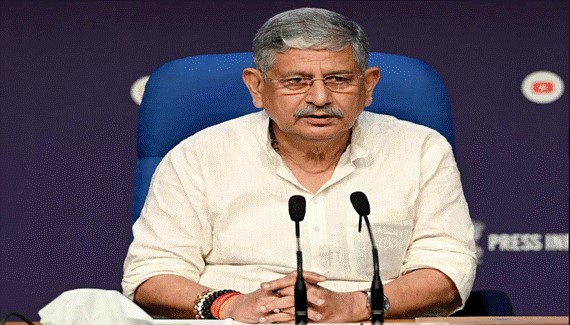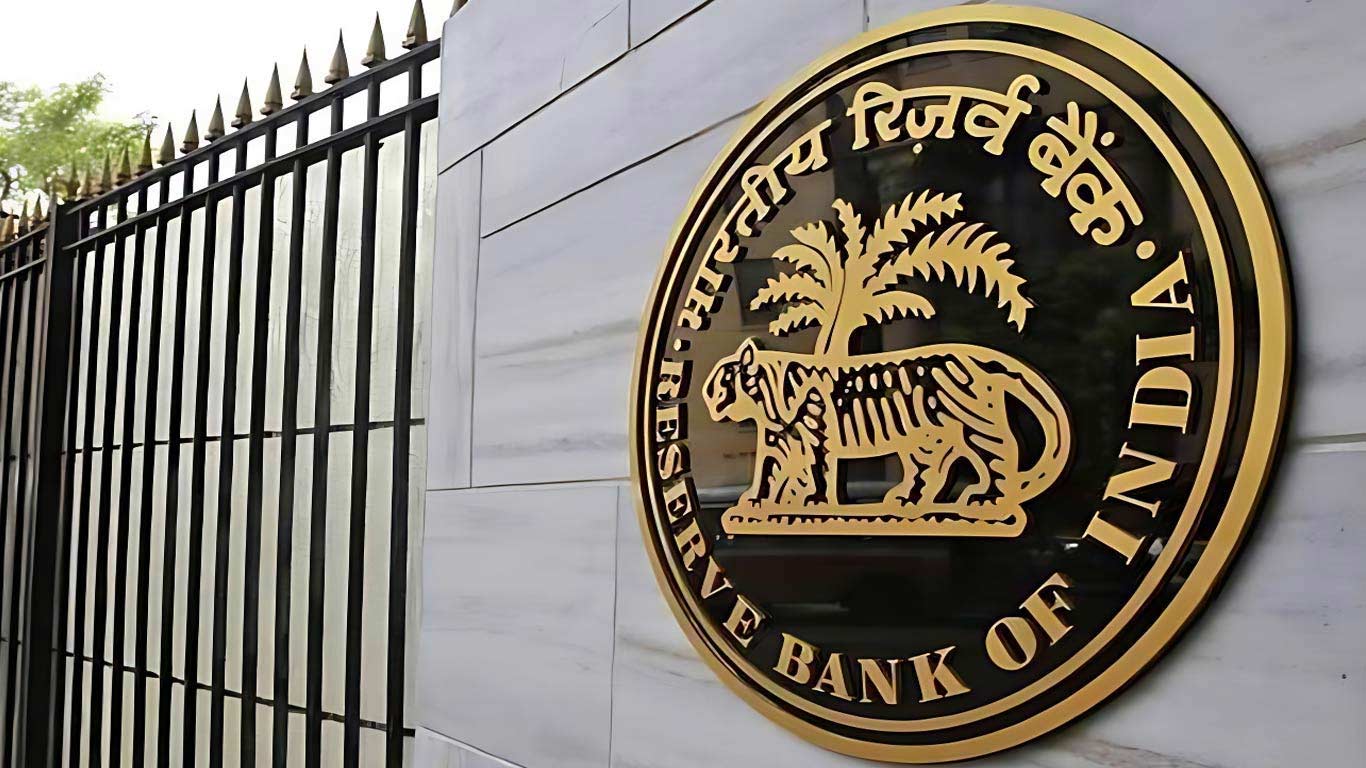SEBI approves major market reforms
Thu 19 Jun 2025, 10:37:04

The Securities and Exchange Board of India (SEBI) has announced a set of important reforms aimed at making the Indian financial markets more efficient, inclusive, and investor-friendly. The decisions were taken during the SEBI’s board meeting led by its Chairperson Tuhin Kanta Pandey.
One of the biggest changes, according to new measures, is that startup founders will now be allowed to keep their employee stock ownership plans (Esops) even after their companies go public. Earlier, founders were treated as ‘promoters’ after the IPO and were not eligible for Esops. However, to prevent misuse, the SEBI has made it mandatory to have a one-year gap between issuing Esops and filing for an IPO.
In another key decision, the market regulator approved a new framework for the voluntary delisting of public sector undertakings (PSUs). PSUs can now be
removed from the stock market more easily if shareholders approve.
removed from the stock market more easily if shareholders approve.
To attract more long-term foreign capital, the SEBI has also simplified the rules for foreign investors who invest exclusively in government bonds. Since these bonds carry lower risk, the market regulator eased registration and compliance requirements. The move is expected to make India more attractive to global investors looking for stable returns.
The SEBI also made changes that benefit alternative investment funds (AIFs). These funds can now allow their investors to make co-investments through a separate setup called a co-investment vehicle. This allows large investors to invest more in the same private companies where the AIF has already invested. The idea is to help big investors participate in promising deals more directly.
No Comments For This Post, Be first to write a Comment.
Most viewed from Business
AIMIM News
Latest Urdu News
Most Viewed
May 26, 2020
Can Lionel Messi's visit boost Indian football?
Latest Videos View All
Like Us
Home
About Us
Advertise With Us
All Polls
Epaper Archives
Privacy Policy
Contact Us
Download Etemaad App
© 2026 Etemaad Daily News, All Rights Reserved.



.jpg)
.jpg)




















.jpg)
.jpg)
.jpg)


